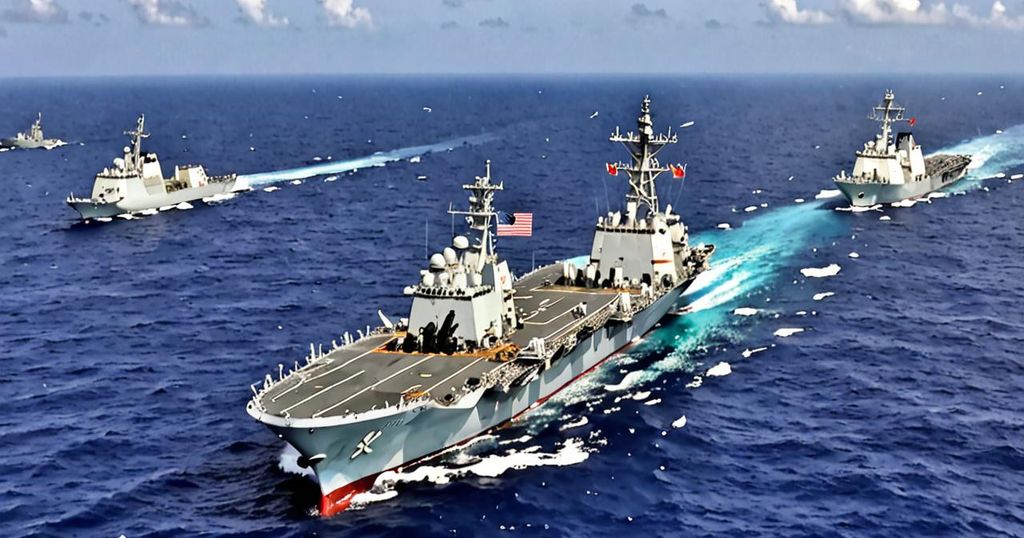The recent tensions arising from the Sino-US rivalry in the maritime territory of the Philippines in the South China Sea have prompted strong reactions from activist groups within the country. These groups have censured both China and the United States for their power struggle within the Philippines’ exclusive economic zone (EEZ) and have called for a peaceful resolution to the conflict.
Led by the Bagong Alyansang Makabayan (New Patriotic Alliance), the protesters gathered near the Chinese consulate in Metro Manila to express their opposition. Their chants of “the Philippines is ours, China out” clearly conveyed their disapproval of President Ferdinand Marcos Jnr for granting permission to the US to use Philippine military facilities. The activists advocated for the establishment of a “demilitarized zone” in the West Philippine Sea, enabling local fishermen to carry out their livelihood without interference.
They also stressed the importance of an independent foreign policy for the Philippines and urged the government to refrain from resorting to militaristic measures to settle disputes. The demonstration took place on the Day of Valour, a significant event commemorating a key moment in the nation’s history.
The involvement of foreign powers in the South China Sea conflict has raised concerns among Filipino citizens. The call for a peaceful resolution serves as a stark reminder of the potential risks associated with military intervention.
While President Marcos Jnr underscored the need for resilience and vigilance in the face of external threats during the Day of Valour event, the sentiments expressed by the protesters reflect a growing demand for a diplomatic approach to addressing the territorial disputes.
A recent survey revealed that a majority of Filipinos support closer cooperation with the United States to counter China’s aggressive actions in the region. This sentiment reflects the public’s desire for a proactive stance against external threats.
The military demonstrations staged by the US, Philippines, Japan, and Australia were met with a reciprocal show of force by China within the South China Sea, fueling concerns about the potential for a conflict to arise.
Key figures within the activist groups have emphasized the urgency of leveraging diplomacy as a means of resolving the conflict. They have pointed to recent legal verdicts that discredit China’s territorial claims in the South China Sea and have advocated for international support to uphold the rule of law.
The call for an independent foreign policy that safeguards the interests of the Philippines has resonated strongly among the activists. They have underscored the need to avoid aligning with external powers in a manner that could compromise the nation’s autonomy and welfare.
Drawing comparisons with neighboring countries such as Vietnam, Malaysia, and Indonesia, which have maintained relations with the US without allowing their territory to be exploited for military purposes, serves as a guiding principle for the activists. They emphasize the significance of safeguarding the national interest and avoiding entanglement in external conflicts.
The stance adopted by the activist groups represents a compelling plea for a peaceful resolution to the escalating tensions in the South China Sea. Their unwavering commitment to upholding the sovereignty of the Philippines is a testament to the nation’s enduring spirit in the face of external pressures.

Leave a Reply